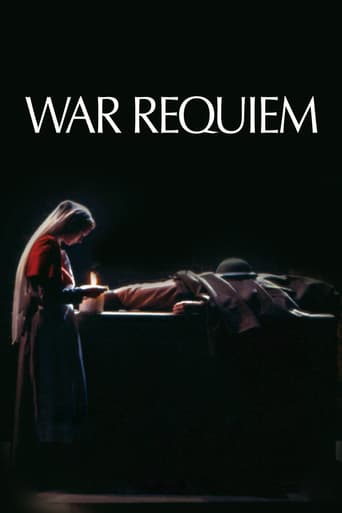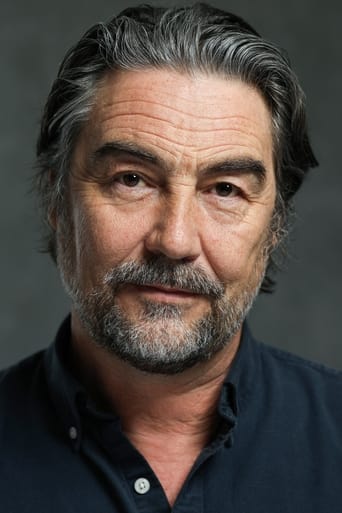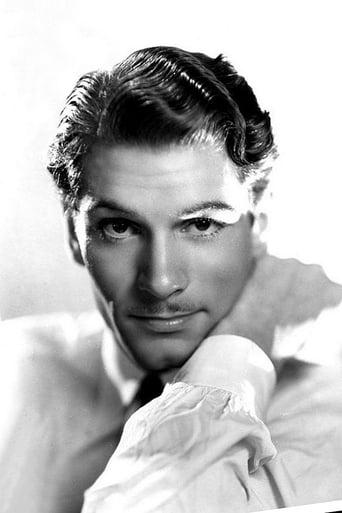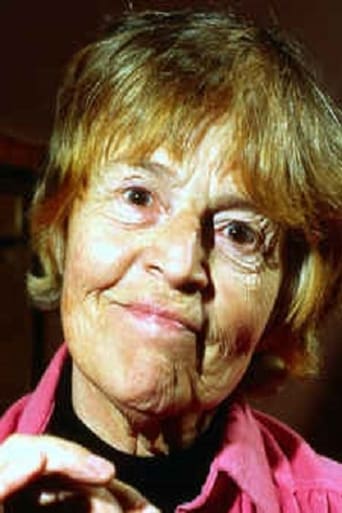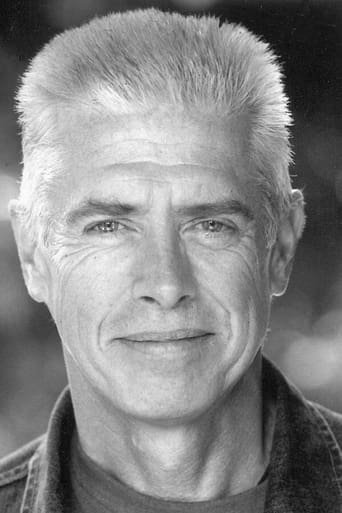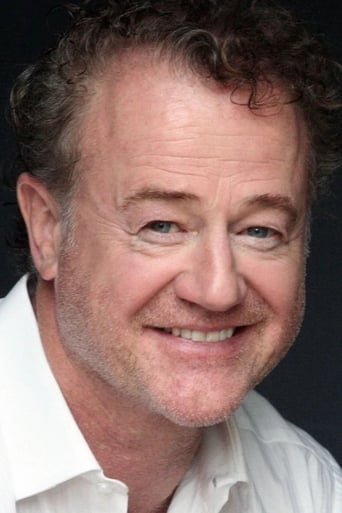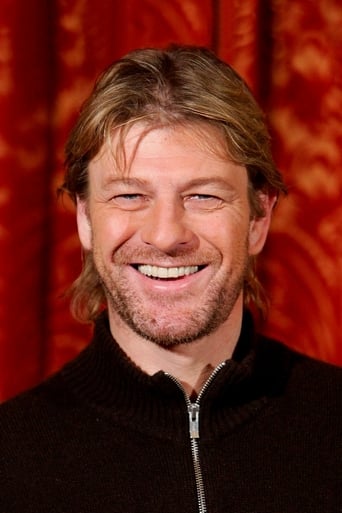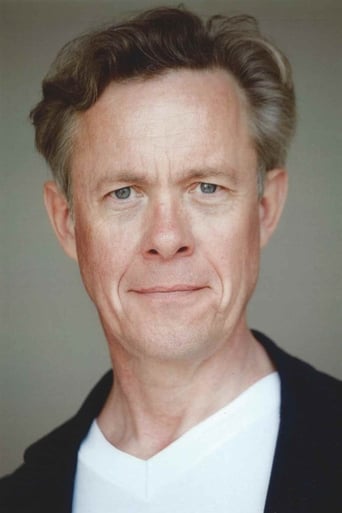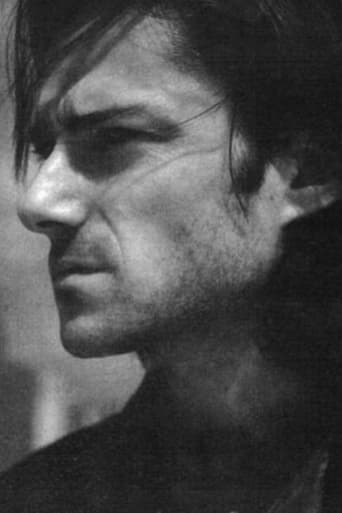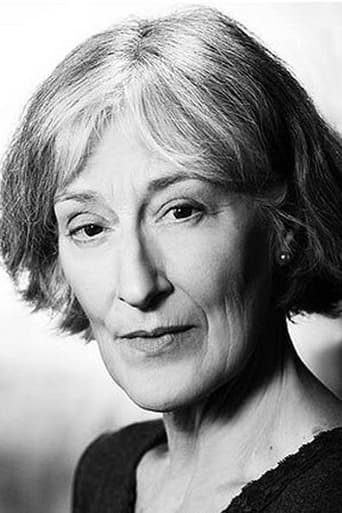A film with no spoken dialogue, just follows the music and lyrics of Benjamin Britten's "War Requiem, which include WWI soldier poet Wilfred Owen's poems reflecting the war's horrors. It shows the story of an Englishman soldier (Wilfred Owen) and a nurse (his bride) during World War I. It also includes actual footage of contemporary wars (WWII, Vietnam, Angola, etc.)


Similar titles
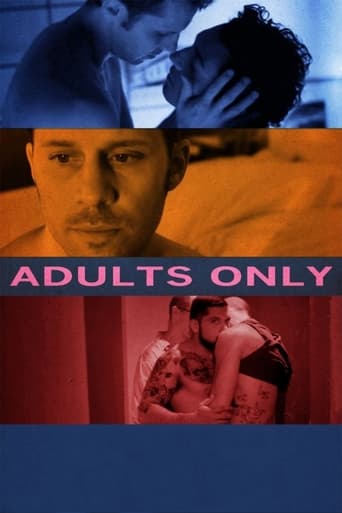

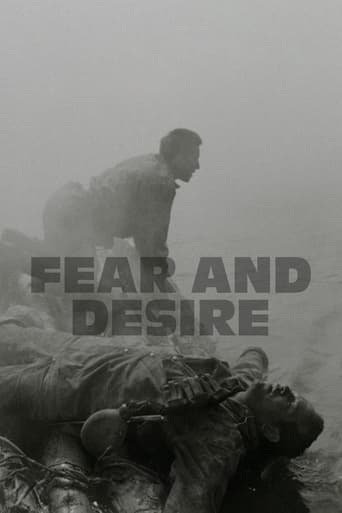
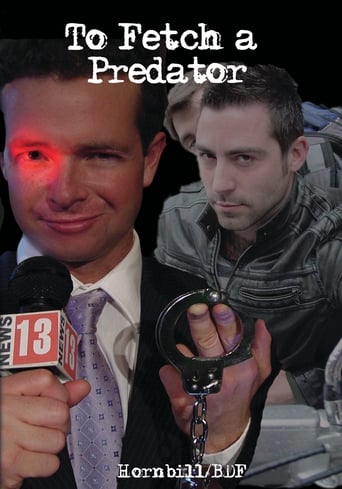
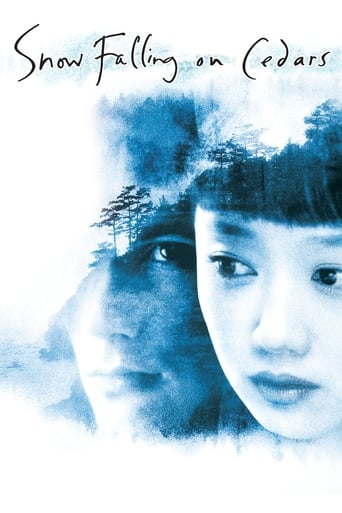
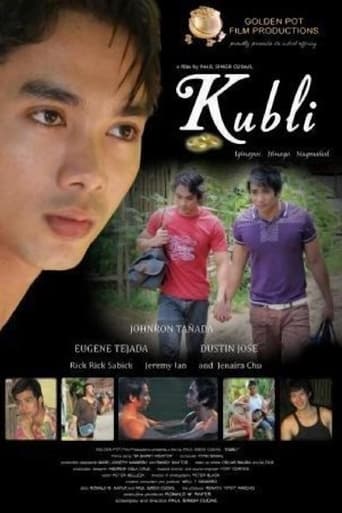
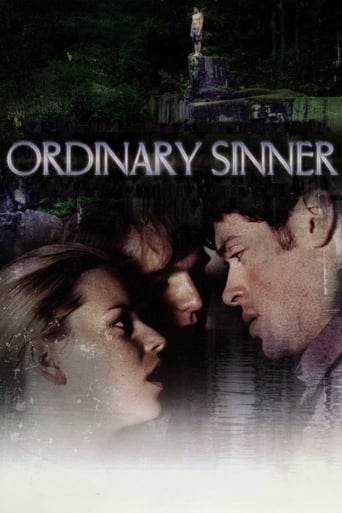
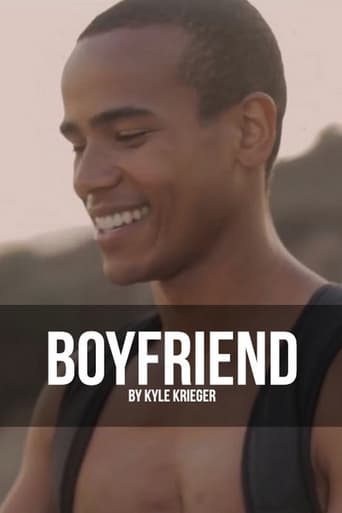
Reviews
Derek Jarman's "War Requiem" is not a movie in the general sense of the term. The only dialogue is at the beginning. From there it's all images of soldiers, set to the tune of Benjamin Britten's* requiem of the same title. I'd say that the movie works as a look at the horrors of war. The focus is World War I, but it includes footage of later wars. The music offers a good contrast to the war, but at the same time it distracts.This is the first Jarman movie that I've ever seen. It has its merits and its weaknesses. It turned out to be one of Jarman's final movies (he died of an AIDS-related illness in 1994). What the movie should do is force us to take a serious look at WWI. Not only did it senselessly kill millions and create a lost generation, but Versailles Negotiations set the stages for Hitler's rise to power, the Vietnam War, and the current bloodshed in the Middle East.So the movie does a good job showing the horrors of the war, although I doubt that it's possible to portray to the full extent. It's not clear if Jarman meant for the emphasis to be on the war, or on the operatic soundtrack accompanying the scenes. The result is an OK, not great effort.PS: Jarman, an openly gay man, fought Thatcher's proposed anti-gay laws in the '80s. I wonder what he would think now that the UK has marriage equality.*Benjamin Britten's music more recently appeared in Wes Anderson's "Moonrise Kingdom".
This film is of course the meeting of three artists. The poet Wilfred Owen, the composer Benjamin Britten and the film maker Derek Jarman.Let's speak of Jarman here. He is perfectly at ease with this project because of many reasons but first of all because he is a visual painter and as such he is probably at his best in this film because he has to follow the music and the words, half of the latter being in Latin and the rest in English. He is not the author of this text that is sung to the music of Benjamin Britten. So Jarman must paint the music, paint the words, show us in striking live images the meaning of this oratorio or requiem and the strong trauma this war was and still is, even today when we are going to "celebrate" the one hundredth anniversary of the beginning of the most absurd human butchery, the most meaningless barbaric slaughter that leaves us senseless when we look at it. He shows first of all the tremendous suffering this war was for the men, for each man and for the clusters of men that had to live the war through together, a fighting unit and within that fighting unit some smaller groups or couples that more or less got bonded by the absurdity of this suffering. The officer that was living with the men in the trenches was necessarily the empathetic and supportive "father" of his men, though he was hardly older than them and even at times younger. This bond between men in uncontrollable suffering, pain and inevitable death becomes superhuman and even divine. The real god for such men is the small gestures of help and compassion they find in the men they are sitting next to, they are fighting with not even against a common enemy, but for the sake of invisible industrialists and politicians. Derek Jarman is a genius when he deals with suffering.You can imagine the extremely high level of pictorial power the trenches, the mud, the snow, the ice, the blood, every soiled element of the soldiers' life can have under the brush of Derek Jarman's eyes. But he is also a great color painter and he skillfully alternates total mud in nearly black and white, in fact in grayish brown on grayish brown, dark olive green on feldgrau kaki with other scenes out of the trenches. That muddy gray universe is the universe of the soldiers. Then you have the universe of the nurses which is brilliantly red, blood red for sure but also the red of fire, of molten metal, of the famous red poppies that have become the memorial of this war every year. That red is of course contrasting with the white and light blue of the nurses' uniforms. You can suffer and die in their arms, because they are your mothers at that moment, your lovers too, those in whose arms you can abandon yourself to go to eternal sleep. But then there are two other moments in this war picture that Derek Jarman stresses out. First the religious sanctification of the war with church altars that are also used to deposit bodies waiting for their burial, or that even can become the top part of some anonymous and collective tomb for the dead that will never go back home. The church is the culprit here, or the accomplice, the accessory to a crime, and one priest puts on his butcher's apron to terminate one soldier who has been too traumatized by the death of his "friend" in front of his own eyes to be able to go on living. So the priest in his reddish "uniform" of sorts can cut his throat with a razor and then hold and let seep his blood through his fingers, retaining his life for just a few minutes more. Of what? Suffering? Or life? How can such suffering be in any way seen as life? The priest is retaining the man alive for him to suffer more, for the audience to understand the suffering such a war can be, but that is our easy interpretation. In the film the priest has an audience: the rich, the industrialists, the politicians, etc, standing or sitting in elevated alcoves overlooking the altar on which the slaughtering of the soldier is being performed by the priest.The next element Derek Jarman is great at is painting the rich, the industrialists, the nobles, the politicians, the powerful and the vain when looking at the show of this man being killed with a razor by a priest we can imagine Anglican. Jarman is here again a genius at showing the hypocrisy and the barbarity of these men who are made up like whores and behaving in their fatness like hogs. He also has some cameos of the "king" that are worth the best images of the Sex Pistols about "God save the Queen it's a Fascist Regime," which came out as a song – and as a film that I cannot trace anymore – in the late 1970s. And I saw the film twice, and once with students I had taken to London, some Easter 1978 or 1979. And yet there is one more phenomenal pictorial and picturesque artistic achievement. When at the end he widens the description of war to what it is today, what it was in his days, what it may always be, he finds the proper pictures to show the racism of war, and at the same time the racelessness of such events. Wars are probably waged to protect the interests of some and to destroy those who could menace these interests, be they religious, political, geographical, economic or whatever, but wars drag in mud and slime everyone without any distinction.[...]Dr Jacques COULARDEAU
Derek Jarman was the infant terrible of British cinema in the 1970s with his provocative films Jubilee and Sebastiane, the latter having a costume budget of £20!In the 1980s thanks to funding from Channel Four Films he flourished by making low budget films of varying quality in rapid succession. By this time he was getting more accepted by critics and some elements of the public but by now he was also diagnosed as HIV+.War Requiem was partly funded by the BBC, a collaboration of music of Benjamin Britten (War Requiem) with images of war and conflict. Some of the scenes are recreated and dramatised whereas other scenes have been obtained from the Imperial War Museum. There is also poetry of Wilfrid Owen who is depicted in this film by the actor Nathaniel Parker.The film also has Tilda Swinton and Laurence Olivier in the opening scenes. In a sense looking at it now it is the passing of the torch from one acting generation to the next. This was Olivier's final film and it was with a future Oscar winner Swinton.The film was to have no dialogue but once Olivier agreed to play the 'Old Soldier,' Jarman realised that he might as well give the legend some dialogue and he recites a poem by Wilfred Owen.How successful the film is depends on your mileage as to whether you are a Jarman fan, like Opera or appreciate art-house cinema. The dramatised scenes are interesting but not wholly successful but they are beautifully lit and demonstrates what Jarman can do on a low budget. It helps that along with Swinton, Parker we have a young Sean Bean playing a German soldier.However the inclusion of the old documentary footage is less successful as it just makes the film drag. You feel that you are just watching old film with music and some of it is not very interesting although Jarman did also include footage of modern wars as well such as Vietnam, Falklands and the Afghan war with Russia of the 1980s.Still War Requiem is challenging, provocative, arty and displays the talents of a unique voice in British cinema.
With the exception of an opening sequence in which the music is introduced over a tolling bell and the text of Wilfred Owen's Strange Meeting read, this film follows the scheme of Britten's War Requiem, a poetry-expanded musical setting of the Requiem Mass. It's an intermittently effective project, Jarman using both narrative scenes and more abstracted tableaux that rely on the actor in frame to channel some sort of internal narrative. There is also scattered use of period footage from conflicts both pre-1963 (the date of the oratorio's composition) and as recently as the Falklands conflict (1981). All this is, in turn, the extrapolated daydream of a veteran of the Great War, played by Lawrence Olivier. Olivier's is the almost the only scene done on location and really does carry weight for all that it's mere seconds of screen time. Other scenes are rather more mixed: given the huge emotional and indeed satirical charge of the music the most affecting set pieces are those that play a straight narrative. That said, there is undeniable charge in the formal composition of static shots which reflect in their old master/biblical referencing the liturgy of the text. 5/10
